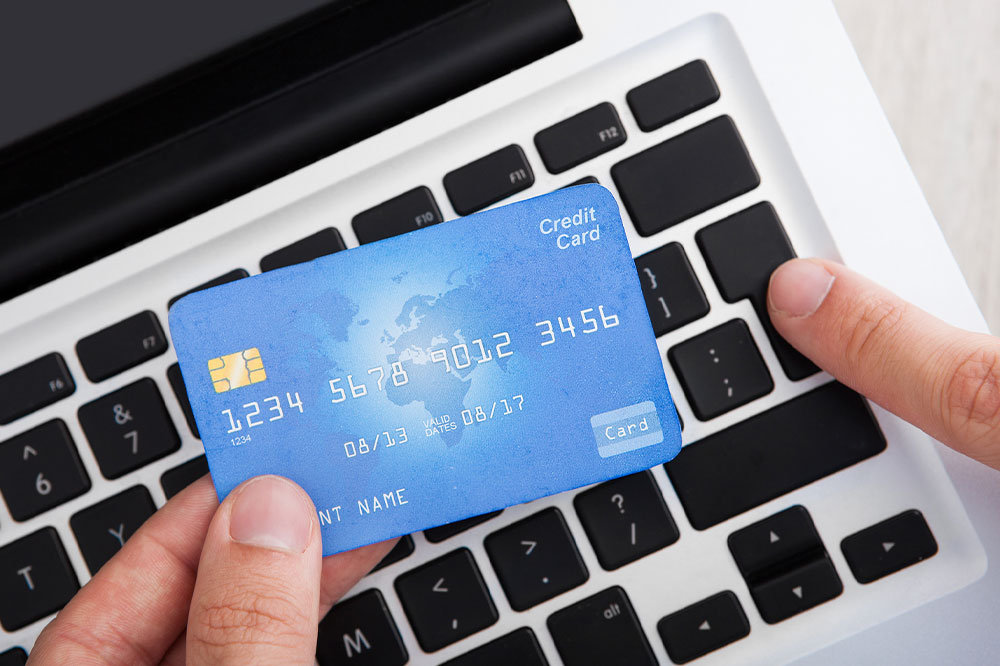10 common credit card mistakes to avoid

Credit cards let you access products and services immediately, with the provision to pay for them later. The cards come in handy when you are short on cash and do not intend to borrow money. However, credit cards can also be tempting to use frequently as it is possible to convert balance due into loans and pay only the minimum balance. So, here are 10 common mistakes to avoid while using credit cards:
Making only minimum payments
You can avoid penalties and interest fees by only paying the minimum amount due. But this means it will take you a long time to clear the credit card debt, ultimately affecting your credit score and creditworthiness. So, you should avoid carrying forward the due amount.
Converting to multiple EMIs
Credit card companies may allow you to make equated monthly installments with interest applicable on the debt. But multiple EMIs just add to your original bill making it difficult to pay off the debt at a later date.
Using up all the credit
Experts advise maintaining your credit utilization ratio between 10% and 30% to make it easy to make monthly payments. Having a large balance due can bring down your credit score.
Overlooking fees and penalties
Credit cards charge a fee on foreign transactions, balance transfers, cash advances, overdraft limits, and overdue payments. One of the biggest credit card mistakes to avoid is not learning about the penalty and charges for late payments and other actions.
Using the card to withdraw cash
Unless facing an absolute emergency, you should avoid withdrawing cash against your credit card. Most banks, financial institutions, and credit unions charge a hefty cash advance fee for every withdrawal.
Not paying on the due date
Even if you make late payments just a few times, your credit card score can drop by hundreds of points. This is especially true if credit card payment is due for over a month.
Using the card only for rewards
Reward points are just one of the few benefits of having a credit card. But maxing out your credit card or racking up a huge bill to earn more rewards can encourage overspending.
Not comparing cards
You can find various credit cards that offer unique rewards, travel miles, and shopping points. Avoid choosing a card without comparing the pros and cons of each option.
Having too many cards
You can manage a few credit cards as long as you don’t go overboard. Sticking to the credit limit is important as everything you pay for using a credit card has to be repaid to the credit card company.
Not reporting a stolen or lost card
You should always let relevant authorities know if you lose your credit card. Immediately reporting theft and missing card lets authorities block the credit card and prevent unauthorized transactions.





